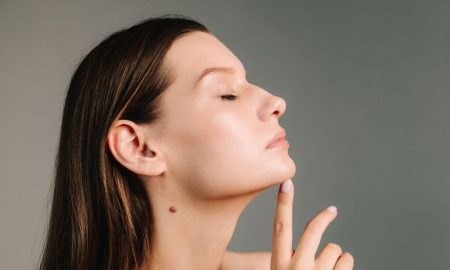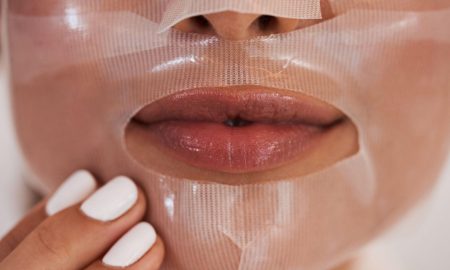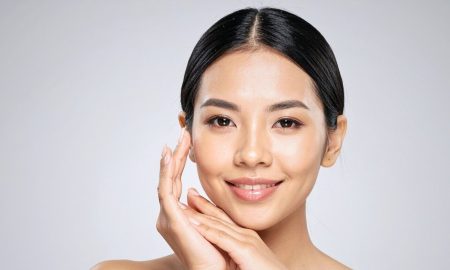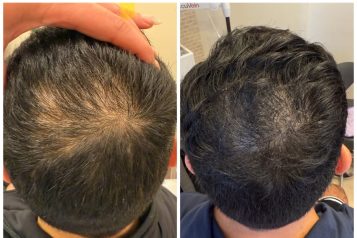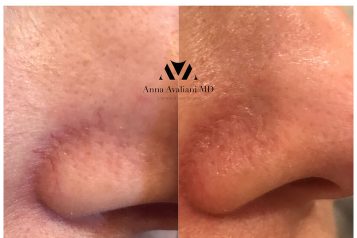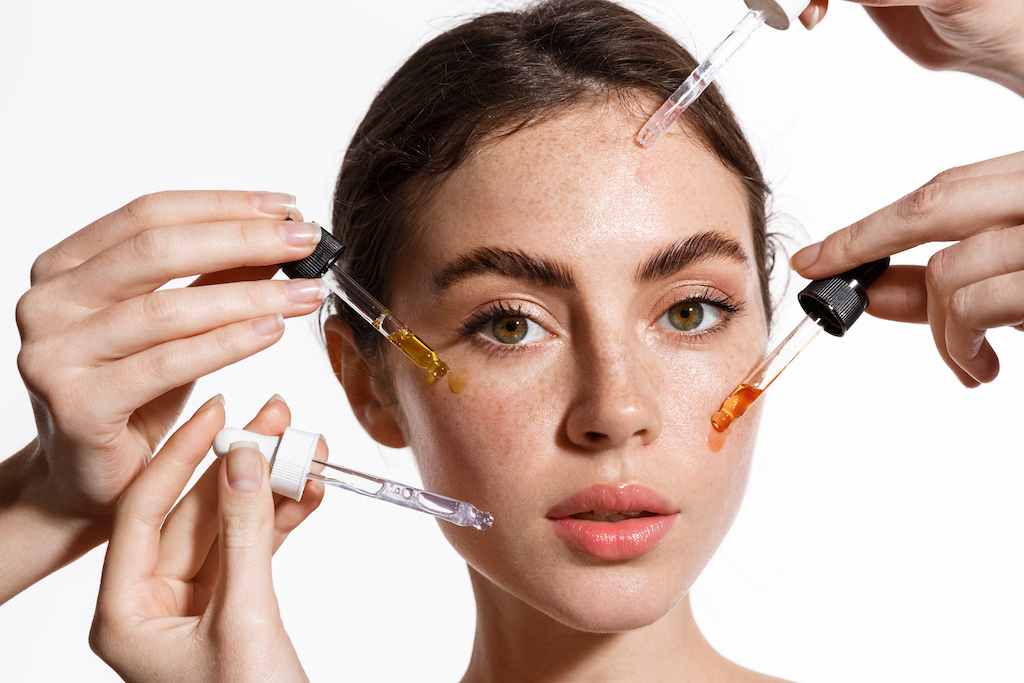 Photo Credit: Shutterstock
Photo Credit: Shutterstock
Zinc, selenium, vitamin C, healthy fats, vitamin A, and the list of nutrients formulated into skin care products go on and on. Now, whether these what we think to be "beneficial" ingredients are necessary for our skin is a whole other story, one that requires knowledge.
Thanks to our Haute Beauty experts at Biltmore Spa, we got the inside scoop on one of the most prominent ingredients circulating in the skincare world, topical vitamin A. Here Haute Beauty shares Candance Noonan, Director of Education for Environ, a vitamin A-focused brand, answers to our questions on topical vitamin A.
What are the benefits of vitamin A?
Vitamin A is like the air we breathe. It is essential for healthy-looking skin. It's scientifically proven benefits range from improving the appearance of acne to addressing the look of sun-damaged skin. Essentially, there isn't a single skin condition or concern that can't be addressed with vitamin A.
Who is most likely to use topical vitamin A?
There isn't a skin type, age, sex, or ethnicity that will not benefit from the use of Vitamin A daily. It is an essential nutrient that is necessary for the skin's DNA. No matter where you are in this world, you should not be deficient in vitamin A.
How often should you use topical vitamin A?
That depends on the formulation. The typically used form of vitamin A is Retinol or prescription Retin-A, which can only be used at night since they cause sun sensitivity. The other form of vitamin A is in ester form, which is way more skin friendly. Ester forms do not irritate the skin, cause possible redness, dryness, irritation, breakouts, and are photo-protective (they can protect the skin from daytime sun exposure). Additionally, ester forms are more easily tolerated by the skin, do not cause sensitivity, and double the amount of vitamin A your skin can be exposed to because you can use it in the morning and night versus just at night.
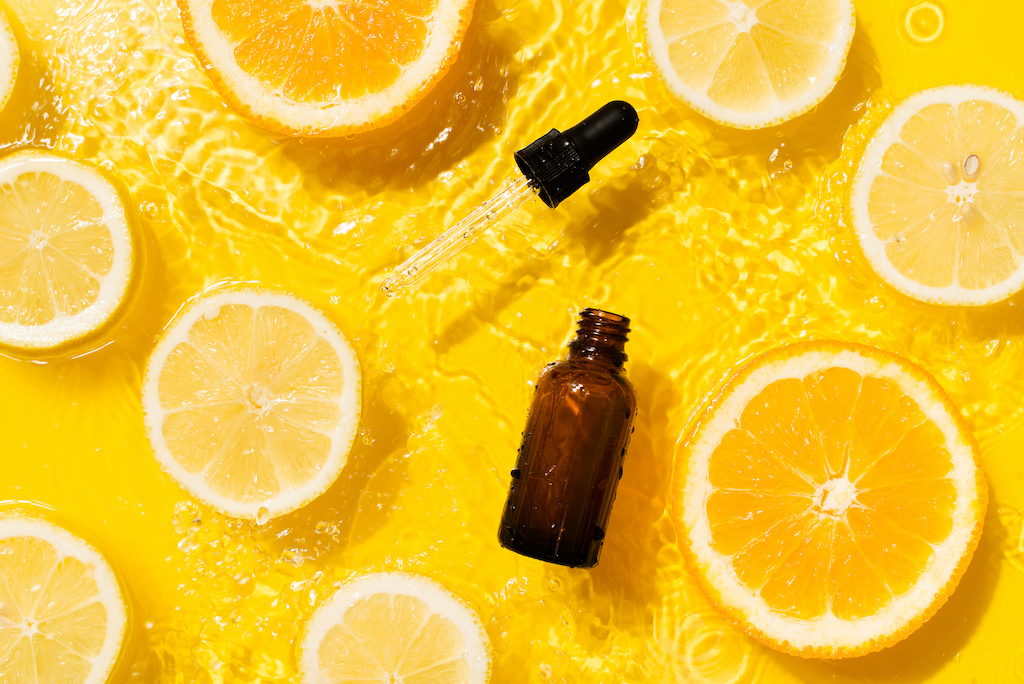 Photo Credit: Shutterstock
Photo Credit: Shutterstock
Do you need to implement it into your skincare routine slowly?
Yes! Regardless of the formulation, Retinol or ester, introducing vitamin A slowly to your skincare routine is best to avoid a retinoid reaction. This is categorized by redness, dryness, flaking, or overall sensitized skin. Fortunately, the esters, being milder, can be introduced faster with less risk of irritation.
Can you mix topical vitamin A with other skincare products?
Again, the formulation is key to the application. Prescriptions should be applied according to the prescribing physician. Retinols, depending if they are in serums or creams, are applied at night. Ester vitamin A's can be applied with any other ingredients of choice. Notably, esters can be applied simultaneously with other ingredients like peptides, antioxidants, and vitamin C for additional benefits!
Can topical vitamin A be applied directly to the skin?
Absolutely! In fact, using technology like cosmetic micro-needling or electro-sonic technology with our new Environ DF machine will allow the vitamin A to reach the areas where the skin needs it most! Therefore, enhancing the results by increasing the application effectiveness!
We achieve that with our new Environ facials here at the Biltmore Spa. When you understand that the ester vitamin A's are the most skin-friendly, stable, and non-sensitizing forms of vitamin A that can be used all year round, you've formulated a skincare success.
How quickly do you see the results of topical vitamin A?
There is no magic in a bottle, only magical marketing claims! Results take time. Yes, in 2-3 weeks your skin may appear a little more hydrated or less irritated, but true changes take a few skin cycles to reveal healthier-looking skin.
Depending on your age, you should only set your expectations around the 3-month mark to start noticing those measurable results that will last because you've made your skin healthier!









